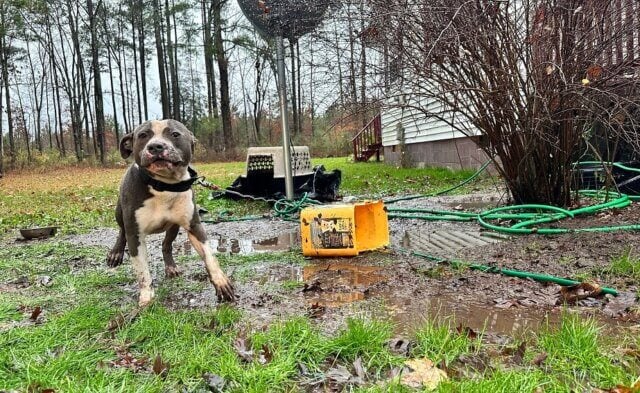
This recommendation came on the heels of a Global Food Security Report from the International Development Committee, which stated that Britain is “never more than a few days away ” from a food shortage because of discarded produce (estimated at 30 percent, worldwide) and because animals raised for food consume crops that could directly feed humans instead.
Make no mistake: This is a global crisis. As “standard American diets” become prevalent in developing countries, meat production is expected only to increase, further straining the world’s resources. According to the Smithsonian Institution, seven football fields’ worth of land are bulldozed every single minute to make room for farmed animals or the crops that feed them . In the U.S., 80 percent of agricultural land is used for this purpose .
The massive amount of land required is just one indication that eating meat is an inefficient system. In his book American Wasteland, author Jonathan Bloom discusses how nearly half of the world’s food is wasted each year—including 25 percent of the food that we bring into our homes. Just by eating lower on the food chain, we waste less. It takes 7.3 pounds of grain to produce 1 pound of pork and 4.5 pounds of grain to produce 1 pound of chicken meat—grain that would be better used feeding hungry populations instead. Eating a plant-based diet also puts less strain on water resources. You need 2,400 gallons of water to produce 1 pound of cow flesh but only 180 gallons of water for 1 pound of whole-wheat flour .
Making meat an “occasional treat” might sound sweet to some, but it does nothing to alleviate the animals’ suffering. Cows, pigs, chickens, turkeys, and other animals used for food spend their lives crammed into small cages or stalls, where they are often unable to turn around or to engage in any behavior that is natural to them. Standard mutilations in the food industry, including dehorning, debeaking, and tail-docking, are almost always done without painkillers. When it comes time for slaughter, animals are crowded onto transport trucks and shipped to their deaths, where many are still conscious as they have their throats slit.
Switching to vegan or vegetarian meals gives “eating green” a double meaning. We help both our bodies and the Earth when we load up on nutrient-dense whole foods such as quinoa, beans, nuts, and leafy green vegetables. Those are food choices that we can all feel secure about.





